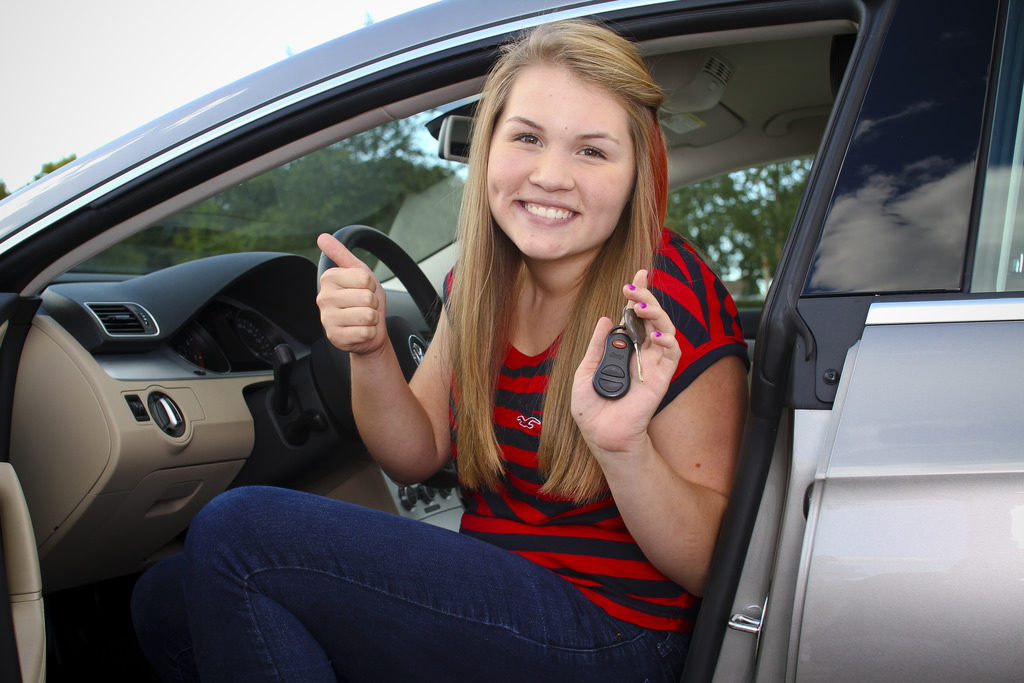
The symptoms of ADHD, which often include an inability to pay attention, distraction, and impaired impulse control can make driving more difficult. A number of earlier studies confirmed a higher number of car accidents among people with ADHD than the general population. Now, according to a recent large scale study, reported in JAMA Psychiatry, suggests car accident rates in the U.S. among ADHD drivers on medication are significantly lower than among those not taking medicine.
The research showed that the cognitive demands of driving were more difficult for younger ADHD drivers. With age and greater experience behind the wheel, the cognitive load was not as taxing and accident rates declined, Many ADHD drivers helped to reduce the distractions by turning down the radio, or asking others traveling with them not to talk to them while they were driving. While ADHD medications tended to help with focus and concentration, many older teens and adults with ADHD stopped taking their medications because of the way it made them feel.
Dr. Patricia Quinn, writing for ADDitude magazine, offers these tips to help those with ADHD from becoming dangerously distracted while driving:
- Avoid carpooling to reduce the distraction of others in the car
- Avoid eating while driving
- Ignore your cell phone – better yet turn it off while driving
- Be clear on where you are going and how to get there when you start your trip – use an online GPS system to help
- Sign up for automatic toll paying to avoid having to hunt for change when approaching a toll station
- Leave the radio station in one place, or listen to your favorite music on a CD or iPod plugin to avoid the distraction of changing music
Learning what it takes to drive safely is especially important for teens. Parents of ADHD teens should enroll their teens in driving programs that understand the special cognitive issues that come with ADHD and help them develop safe driving routines. To help better understand the problem, parents can attend webinars such ADHD Behind the Wheel.


